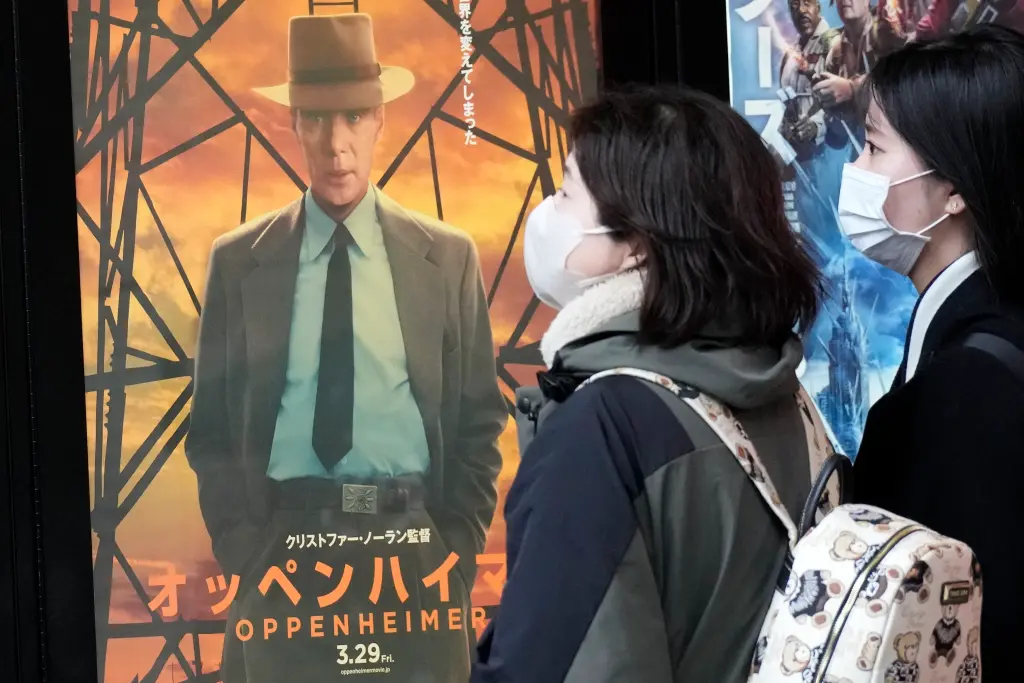After months of anticipation and controversy, Christopher Nolan’s critically acclaimed film “Oppenheimer” has finally made its way to Japanese theaters, eight months after its global premiere. The Oscar-winning Best Picture, which depicts the life of J. Robert Oppenheimer and the creation of the atomic bomb, has garnered an additional $2.5 million at the Japanese box office, bringing its worldwide gross to an impressive $965 million.
However, the film’s release in Japan has been met with a solemn and contemplative reception, given the country’s complex history with nuclear weapons. To acknowledge the sensitive subject matter, some theaters in Tokyo have posted trigger warnings at their entrances, cautioning audiences about the film’s depiction of nuclear tests.
The decision to release “Oppenheimer” in Japan was not without controversy. Initially, the country’s main sub-distributor opted out of releasing the film last summer, citing concerns over how its subject matter – the creation of the atomic bombs dropped on Hiroshima and Nagasaki in 1945 – would be perceived. It was ultimately the independent distributor Bitters End that championed the film’s theatrical release, defending Nolan’s work as a cinematic experience that deserved to be seen on the big screen.

Despite its box office success, the film has sparked a range of reactions from Japanese audiences. Some, like Hiroshima resident Kawai, found the film’s portrayal of the atomic bomb development as seemingly praiseworthy, making it difficult to watch as someone with roots in the city devastated by the nuclear attack.
Additionally, the “Barbenheimer” phenomenon, which playfully combined the releases of “Oppenheimer” and the comedy “Barbie,” was met with criticism from some Japanese viewers who felt it trivialized the tragedy of the bombings.
Amidst the complex reception, “Oppenheimer” has reignited conversations about Japan’s nuclear legacy and the enduring impact of the atomic bombings. As the film continues its theatrical run, it serves as a poignant reminder of the profound consequences of scientific advancements and the importance of collective reflection on pivotal historical events.